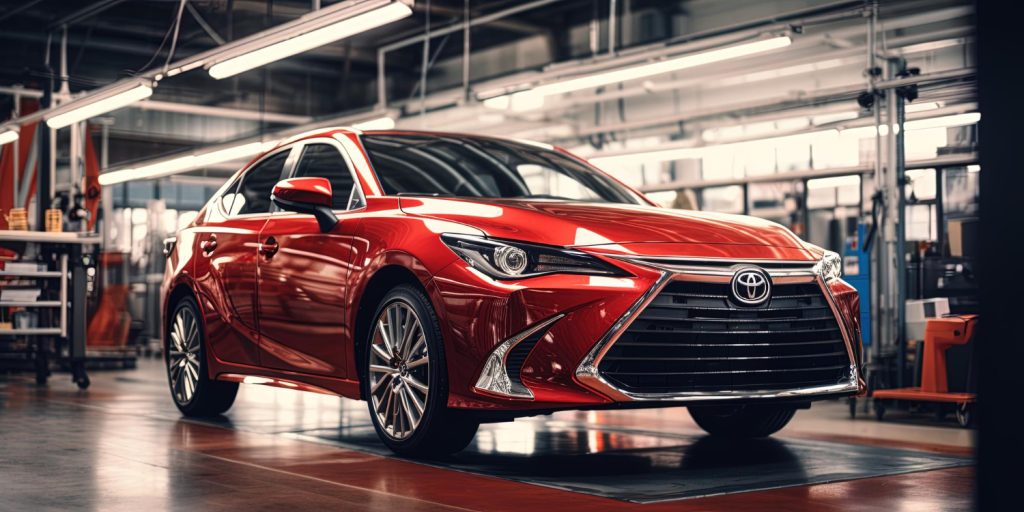Used Toyota: A Detailed Exploration of Common Issues and the Vital Role of Pre-Purchase Inspection
Embarking on the journey to acquire a used Toyota is akin to stepping into a realm of renowned reliability and lasting quality. However, even the most revered vehicles have their nuances. In this comprehensive guide, we will delve into the intricacies of common issues associated with used Toyotas and underscore the critical importance of a meticulous pre-purchase vehicle inspection.

Understanding Common Issues
Before immersing yourself in the world of used Toyotas, it’s essential to grasp the common issues that certain models may exhibit. While Toyotas are celebrated for their reliability, specific models might have recurring problems. For example, some high-mileage Toyotas may experience issues related to oil consumption, transmission performance, or suspension wear. In-depth research, including perusing user forums, expert reviews, and model-specific discussions, can provide valuable insights.
- Excessive Oil Consumption
- Transmission Problems
- Suspension Wear
- Corrosion/Rust Issues
- Catalytic Converter Failure
- Brake Problems
- Electrical Issues
- Airbag Recalls
- Hybrid Battery Issues
- Timing Belt/Chain Concerns
Oil Consumption and Engine Health
Certain Toyota models, particularly those with substantial mileage, may exhibit higher-than-average oil consumption. Monitoring oil levels and understanding the factors contributing to this behaviour, such as worn piston rings or valve seals, is crucial. Addressing oil-related concerns promptly can preserve engine health and extend the vehicle’s longevity.
Transmission Dynamics
Transmission issues can be a concern in some used Toyotas. During a test drive, pay careful attention to the transmission’s behavior, assessing for smooth shifts, unusual noises and any signs of hesitation or slipping gears. Transmission problems, if not addressed, can lead to significant repair costs down the road.
Suspension System Evaluation
While Toyota’s reputation for robust suspension systems is well-established, wear and tear can still occur over time. Signs of potential suspension issues include uneven tire wear, unusual noises during driving, or a noticeable change in ride quality. Evaluating the suspension system’s condition is vital for ensuring a comfortable and safe driving experience.
Pre-Purchase Vehicle Inspection
A pre-purchase vehicle inspection emerges as a pivotal step in the buying process. Enlisting the expertise of a certified mechanic allows for a comprehensive examination of critical components such as the engine, transmission, suspension, brakes and more. This thorough inspection not only identifies existing issues but also serves as a preventive measure against potential future complications, offering a holistic view of the vehicle’s health.
Negotiation Strategies Anchored in Inspection Findings
Armed with insights from the pre-purchase inspection, buyers gain a strategic advantage during negotiations. If issues are uncovered, whether minor or potentially significant, this information can be leveraged to negotiate a fair price or request necessary repairs before finalising the deal. A transparent and informed negotiation process ensures that both buyer and seller are on the same page regarding the vehicle’s condition.
When it comes to buying a used Toyota, it’s important to know the common issues associated with specific models. By prioritising a pre-purchase vehicle inspection, buyers can navigate the market with confidence. Although used Toyotas are known for their reliability, it’s still important to be proactive in identifying and addressing potential concerns. This will ensure a seamless transition into ownership and allow for many more miles of dependable and enjoyable driving.
